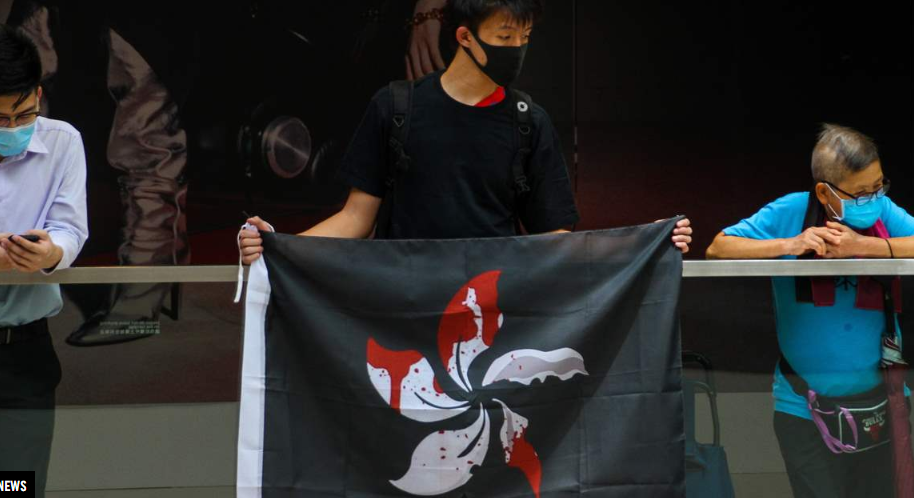Responding to today’s passing of a national security law for Hong Kong by the Standing Committee of China’s National People’s Congress, the head of Amnesty International’s China Team, Joshua Rosenzweig, said:
“The passing of the national security law is a painful moment for the people of Hong Kong and represents the greatest threat to human rights in the city’s recent history. From now on, China will have the power to impose its own laws on any criminal suspect it chooses.
“The speed and secrecy with which China has pushed through this legislation intensifies the fear that Beijing has calculatingly created a weapon of repression to be used against government critics, including people who are merely expressing their views or protesting peacefully.
“The fact that the Chinese authorities have now passed this law without the people of Hong Kong being able to see it tells you a lot about their intentions. Their aim is to govern Hong Kong through fear from this point forward.
“China’s eagerness to pass this law quickly is also an ominous signal for the legislative elections coming up in Hong Kong in September, with a threat that the security law could be used against pro-democracy candidates.
“In implementing this law, the Hong Kong authorities must now strictly and demonstrably adhere to their own human rights obligations, and it is down to the international community to hold them to account.
“At this pivotal moment for Hong Kong, it is imperative that the national security law is not used to trample human rights and undermine the freedoms that distinguish the city from mainland China.”
Background
The national security law was passed today and is expected to be signed into law by Chinese President Xi Jinping, after which it will be listed under Annex III of the Basic Law – Hong Kong’s mini-constitution.
Amnesty International has a range of human rights concerns about the law, under which all individuals, institutions and organizations in Hong Kong would be prohibited from “engaging in activities that endanger national security”.
The so-called crimes of separatism (or “splittism”), subversion, terrorism and “collusion with foreign or overseas powers” to endanger national security will be banned under the law. These broad, vaguely defined offences are similar to those that feature in China’s own National Security Law, which has been used to crack down on dissent.
The law would also authorize the Beijing central government and the Hong Kong government to set up a national security office in the city. In mainland China, such agencies systematically monitor, harass, intimidate and secretly detain human rights defenders and dissidents, with many indications of torture and other ill-treatment.
Hong Kong and Chinese officials have claimed there is an urgent need for security laws to counter the threat of “terrorism” and violence in the city. However, the protesters taking to the streets over the past year have been overwhelmingly peaceful.
This morning, Geneva time, Hong Kong’s Chief Executive Carrie Lam is slated to address the United Nations Human Rights Council. Last week, more than 50 UN human rights expert bodies mandated by the Council took the unprecedented step to jointly express concerns about the proposed national security legislation for Hong Kong and other actions taken by China.
For further information or to arrange an interview, contact:
Lucy Scholey, Amnesty International Canada, 613-853-2142, lscholey@amnesty.ca













